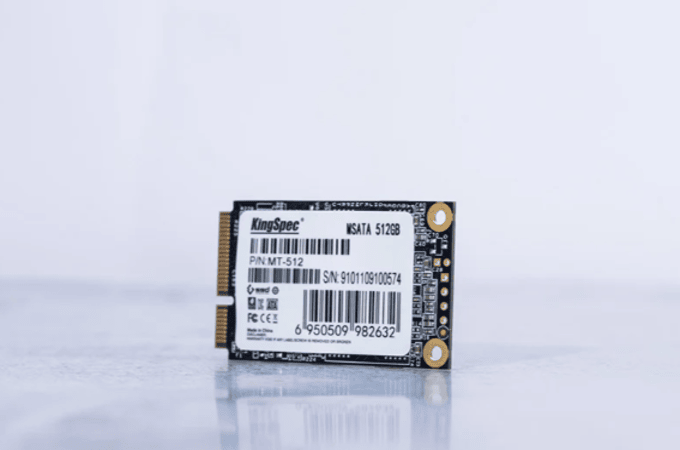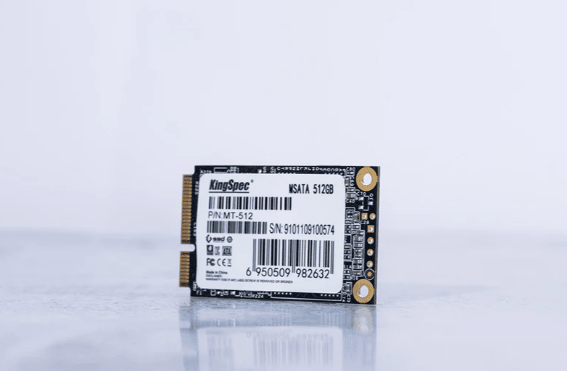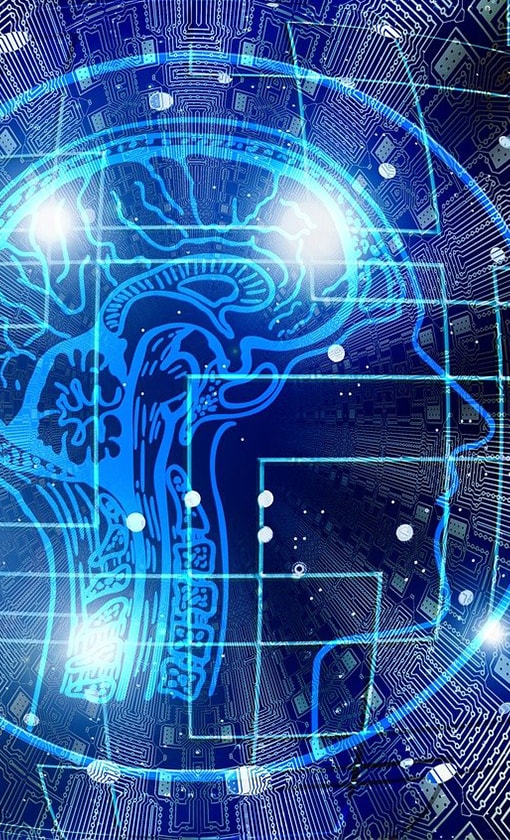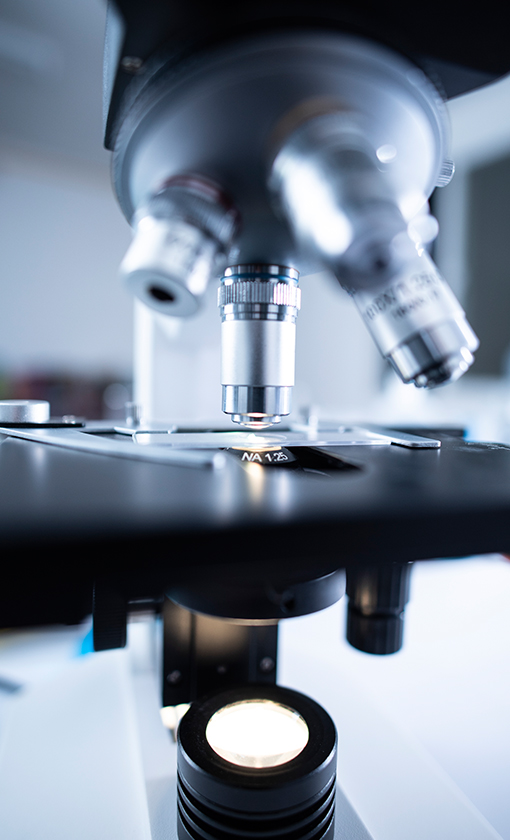News
Site Editor
 Site
https://kingspec.usa02.wondercdn.com/uploads/image/6307135a29359.png
However, many users of SSD ask one common, and that is “should you defrag an SSD?” Well the answer to this question is what this article is all about.
So, in case you wish to know whether or not you should defrag your SSD, read on.
Site
https://kingspec.usa02.wondercdn.com/uploads/image/6307135a29359.png
However, many users of SSD ask one common, and that is “should you defrag an SSD?” Well the answer to this question is what this article is all about.
So, in case you wish to know whether or not you should defrag your SSD, read on.
Should You Defrag An SSD?
Views: 22147
Author: Site Editor
Publish Time: 2022-07-08
Origin: Site
SSDs are one of the most common digital storage devices found in modern computers. They have faster performance, robustness, and near-zero noise. It's easy to see why SSDs are slowly taking over their hard drive counterpart in many applications.
However, many users of SSD ask one common, and that is “should you defrag an SSD?” Well, the answer to this question is what this article is all about.
So, in case you wish to know whether or not you should defrag your SSD, read on.
Why SSDs are different
SSDs are home to millions of tiny switches known as floating gate transistors. These transistors can trap the flow of electrons inside them, allowing them to maintain the same "on" or "off" state continuously, even when no power is supplied.
All data stored on an SSD is made available by a special microprocessor to different groups of transistors called cells. Unfortunately, these cells have a limited lifespan and fail when they go through too many writing cycles. So, to answer, the real question is “should you defrag your SSD?. The simple answer is No, don’t! Defrag your SSD.
What defragmentation does to SSD
Defragmentation orders the data blocks sequentially and tries to restore the original hard disk performance. After an initial search, time to find the beginning of the data, everything after it is just sequentially fetching data from one block after another.
Disk defragmentation can improve hard disk performance by reorganizing stored data so that related information is arranged in a coherent structure. This allows the memory device to read data with less movement of its mechanical parts.
Why you shouldn’t defrag your SSD
There are reasons why you should not defrag your SSD and we will take note of some below.

No boost to performance
Solid-state drives have an inherent advantage over hard drives. They can move between files and parts without mechanical movement. This means that they can reach search times of around 0.1 milliseconds, which makes the integration effects negligible.
While hard disks need to locate data using mechanical arms and turntables, they can still move between files with an impressive search time of 15 milliseconds.
It reduces the lifespan of the SSD
Even if defragging a mechanical drive doesn't improve its performance, at least it will only hurt your computer's time. On the other hand, in the case of an SSD, defragmentation can degrade it.
The short explanation is that SSD memory cells degrade every time you delete data and write new information to it. Modern SSDs can take many penalties when writing to disk repeatedly. They use sophisticated "wear leveling" technology to maximize the life of each memory cell.
However, most defragmentation tools know the difference between SSDs and mechanical drives. Instead of automatic SSD defragmentation, it uses the "TRIM" command, which is a special SSD optimization command, as well as some degree of partition management, but not like the coarse power defragmentation used on hard drives.
Partner With Us
We are glad you now know the use of defragmentation and the reasons why it doesn't apply to SSD technology. Defragmenting an SSD is more like a rewrite process on a disk that doesn't work well but shortens the lifespan of an SSD. The SSD is in itself developed to optimize the operational performance of its NAND cells. Please click here to get the best SSD.























